Cart (0)
There is nothing in your bag.

Let's add some items.
There is nothing in your bag.

Let's add some items.

“How much water does my baby need?” or “Will my baby drink water at this age?” are common questions that parents and caregivers may have.
Proper hydration is essential for your little one's well-being, but understanding when and how much water to give can be confusing. Today, we'll explore everything related to your baby's water requirements.

Your baby's primary source of hydration should be breast milk or formula milk, especially during the first 6 months.
 No Water Before 6 Months. But Why?
No Water Before 6 Months. But Why?
1) Risk of electrolyte imbalance: The World Health Organization (WHO) strongly advises against giving water to babies under 6 months of age. At this stage, their tiny kidneys are not fully ready to handle water (in addition to breast milk), and this can lead to potentially life-threatening electrolyte imbalances.
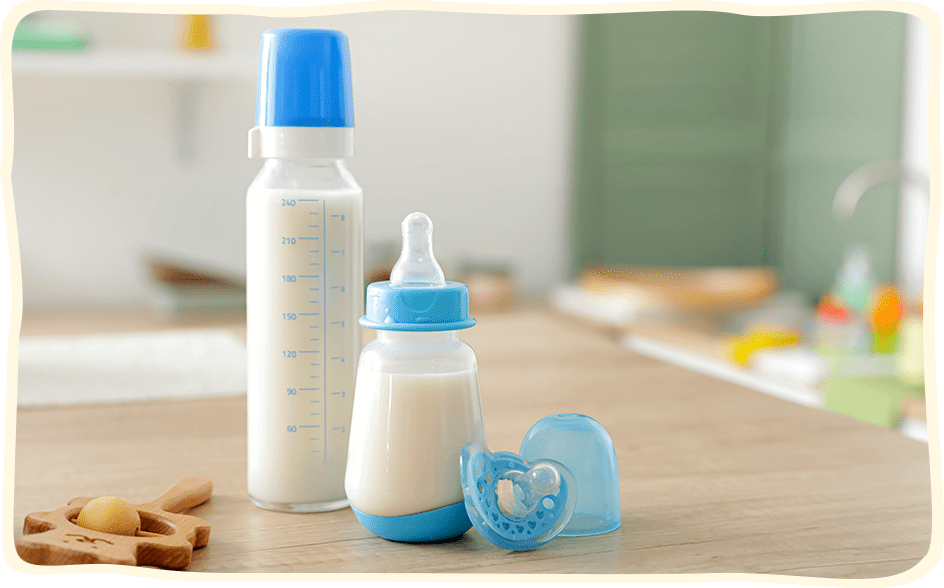
2) Reduced milk intake: If babies drink water, they will feel full and consume lesser breast or formula feed. This way, they end up missing out on the essential nutrients they need to grow well.
 When to Introduce Water for Infants?
When to Introduce Water for Infants?
After your baby reaches the 6-month milestone, small quantities of water can be gradually introduced. While breast milk or formula should still be the primary source of hydration, here are some scenarios where water may be beneficial:
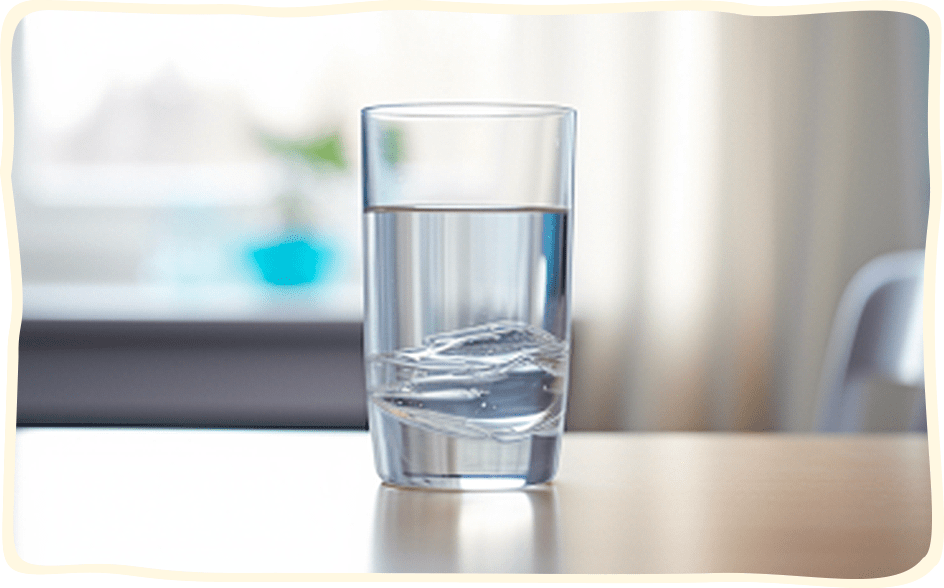
1) Increased hydration: In hot climates or during extreme heat, your baby's hydration needs may rise. While breast milk or formula usually suffices, occasionally, adding extra water may be necessary.
2) Constipation relief: If your baby experiences constipation, additional water intake can help alleviate the issue.
3) Other benefits: Water aids in transporting nutrients and oxygen, removing waste from the body, maintaining blood volume, and keeping joints and tissues lubricated. Additionally, a few sips of water after meals can help clear food remnants, rinse the mouth, and prevent cavities.
 What Kind of Water to Give?
What Kind of Water to Give?
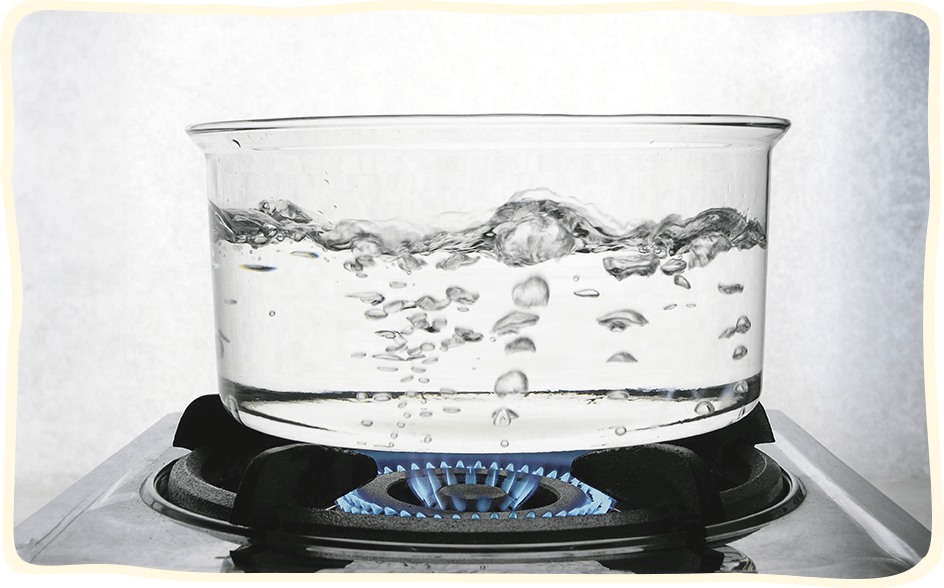
Sterile water: When offering water to your baby, it's essential to use sterile water. Boil regular tap water or RO filtered water and let it cool down to room temperature. Avoid using water directly from the tap or unfiltered sources. If you have a water filter, it's recommended to boil and cool the filtered water before feeding your baby.
Avoid mineral-enriched water: Some water filters add minerals or electrolytes, which are not suitable for young babies. Their mineral requirements are minimal, and an imbalance caused by these additives can disrupt their delicate systems and burden their kidneys.
 How Much Water to Serve Your Baby
How Much Water to Serve Your Baby
While guidelines may vary by country, here are the WHO guidelines, which can be used as a general reference for daily water intake:
 When to Serve Them Water
When to Serve Them Water
1) Post meals: Start giving water to your baby after their solid meals, preferably from 6 months onwards. Gradually increase the intake as your baby grows older, following the recommended daily intake.
2) Monitor wet diapers: If your baby has 4-6 wet diapers in a 24-hour period, they are likely adequately hydrated and do not require additional water.
 How to Serve Them Water
How to Serve Them Water
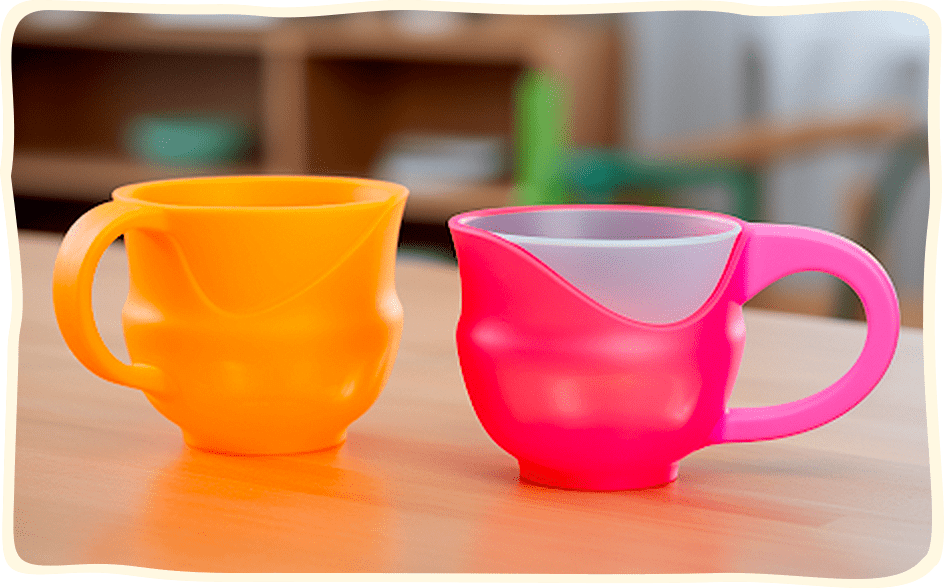
1) Open cups: Offer water in an open cup or straw cup instead of bottles, sippy cups with hard spouts, or 360-degree cups without spill valves. Opt for steel glasses or silicone cups.
2) Cup size: Choose a small glass or cup that holds no more than 60 ml of water. A slightly heavier cup provides better grip and sensory input for your baby.
3) Water quantity: Fill the cup to the brim, ensuring water reaches your baby's lips as soon as they touch the cup. This helps them learn the sipping technique naturally. If the water doesn't flow easily, babies might play with the cup or struggle to drink.
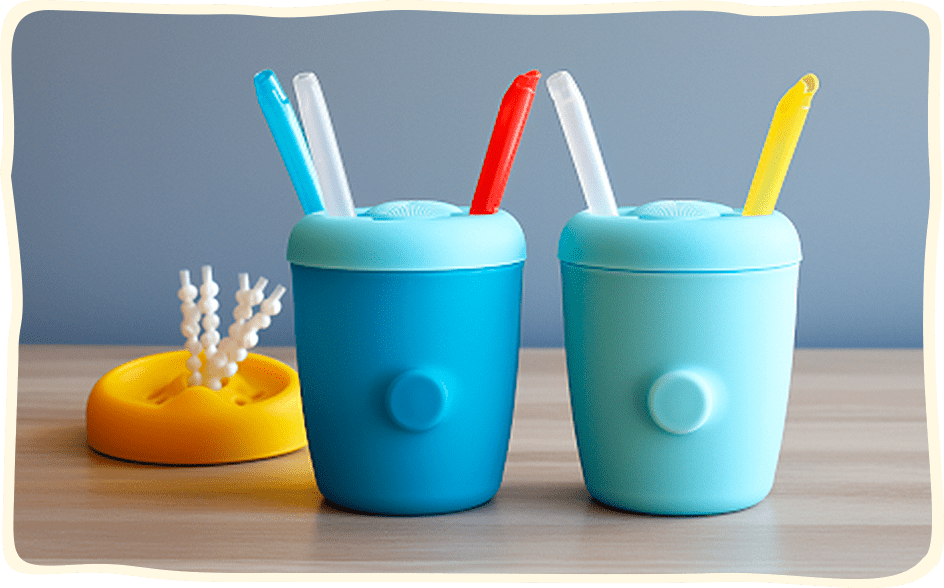
4) Cups with short straws: Consider using a small straw cup with a short straw positioned close to the opening. Avoid cups with no spill valves, allowing your baby to suck the water effortlessly.
5) Coughing and spluttering: Initially, babies may cough or splutter while drinking water. This is normal as they learn to sip or suck from a straw, different from their usual suckling action during breastfeeding or bottle feeding. Over time, their coughing will reduce as they master the skill.
 Signs of Dehydration
Signs of Dehydration
Keep an eye out for these signs of dehydration:
1) Decreased wet diapers: If your baby has fewer than 4-6 wet diapers in 24 hours, it may indicate dehydration.
2) Lack of tears: Infrequent or no tears when crying can also be a sign of dehydration.
3) Dry mouth and chapped lips: Check for chapped lips and a dry mouth, as these indicate insufficient fluid intake.
4) Dark-colored urine: Very dark urine or reduced urine output can be signs of dehydration.
5) Sunken eyes and soft spot: Sunken eyes and a sunken soft spot on top of the head are signs of dehydration.

6) Fussiness and sleepiness: Excessive fussiness and sleepiness can be linked to dehydration.
If you notice any of these signs, consult your doctor for guidance on ensuring your baby's proper hydration.
 Avoiding Excess Water Intake
Avoiding Excess Water Intake
To prevent water intoxication, it's crucial not to give excessive water to younger babies, especially at 6 months of age. Follow these steps to avoid overhydration:
1) Limit water intake: Offer water only during meal times to restrict your baby's overall water consumption.
2) Focus on breast milk or formula: If you suspect dehydration, prioritize breastfeeding or formula feeding to meet your baby's hydration needs, and not through plain water.
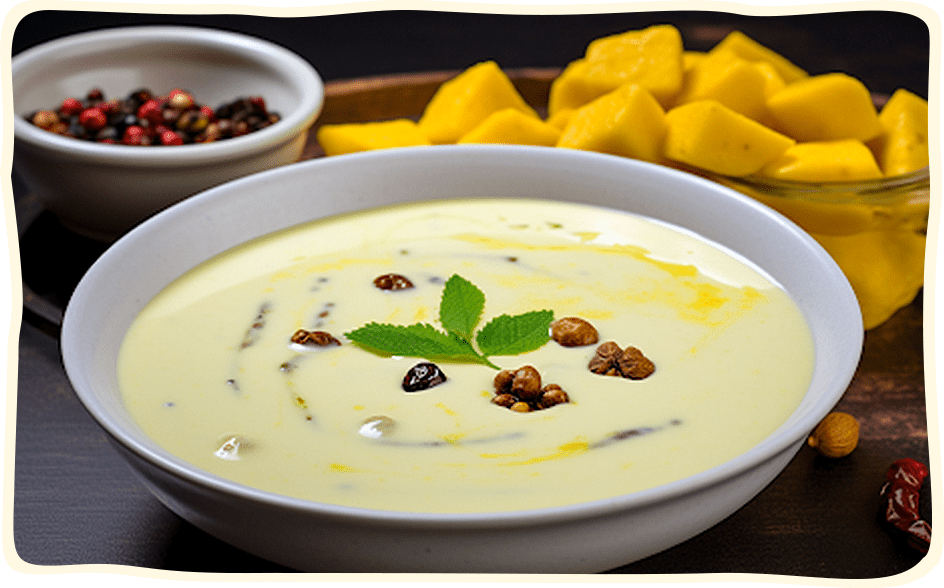
3) Alternative fluids: Instead of water, you can increase your baby's fluid intake through fruits with higher water content, or traditional preparations like kadhi, rasam, or buttermilk.
Understanding your baby's water requirements is vital for their health and well-being. Remember that breast milk or formula should be the main source of hydration during the first six months. Afterward, gradually introduce small amounts of water, following the recommended guidelines.

Tomorrow, we will look at whether it’s safe to offer drinks and beverages to babies.









Check your WhatsApp for Slurrp It Up’s first message to you. ☺






